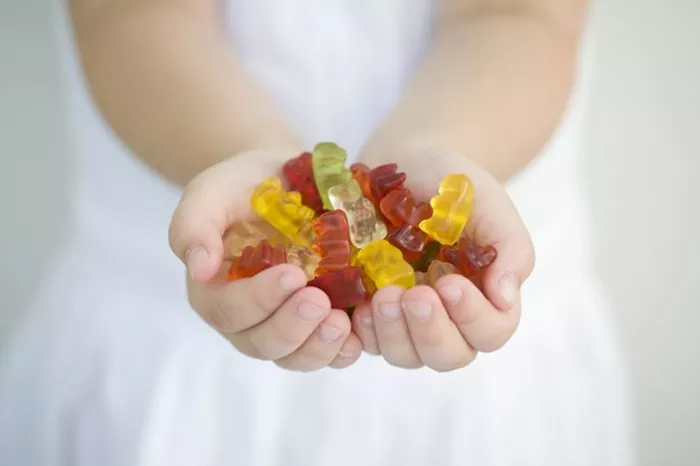The Queensland Poison Information Centre (QPIC) has reported a troubling increase in calls from parents concerned about children ingesting excessive amounts of vitamin gummies. In some alarming instances, children have consumed up to 120 gummies in a single day.
In 2023, QPIC received 180 calls related to toddlers consuming multivitamins containing iron, a mineral that can be toxic to children if ingested in large quantities. Approximately 70 percent of these cases involved gummies or pastilles.
Danielle Dean, a senior pharmacist at QPIC, noted that some children mistakenly consume vitamin gummies intended for adults, believing them to be candies. “The rise in multivitamin use among children is largely driven by clever marketing techniques,” Dean said. “These gummies, with their sugary coatings and bright packaging, are increasingly appealing to young children.”
When parents contact the hotline, QPIC conducts a thorough risk assessment to determine if the ingested gummies contained iron. In cases where iron poisoning is a concern, families may be directed to seek hospital treatment.
Dean highlighted that consuming excessive amounts of these gummies can lead to side effects such as smelly urine or stomach upset. Severe iron poisoning can cause symptoms including severe vomiting, abdominal pain, diarrhea, and dehydration.
“It’s crucial to store all medicines, including multivitamin products, out of children’s reach, as these items are often designed to be visually appealing,” Dean advised. “Parents should also educate children on the differences between these gummy products and regular candy.”
Last year, QPIC fielded over 36,000 calls—a more than 3,000 percent increase since its inception in 1974. Nearly 48 percent of these calls came from parents or caregivers. The most common issues reported included ingestion of paracetamol/ibuprofen, dishwashing detergent, silica gel, and multipurpose cleaner by children under four.
The centre also noted an uptick in calls related to ADHD medication overuse, likely reflecting increased diagnoses of the condition. Dean explained that children often mistake dishwashing liquid bottles for drink containers. Depending on the amount consumed, the effects can range from nausea and vomiting to diarrhea.
For cases involving detergent ingestion, QPIC typically advises parents to rinse the child’s mouth, dilute the detergent by having the child drink water, and monitor the child’s condition at home.
[inline_related_posts title=”You Might Be Interested In” title_align=”left” style=”list” number=”6″ align=”none” ids=”11788,11686,11682″ by=”categories” orderby=”rand” order=”DESC” hide_thumb=”no” thumb_right=”no” views=”no” date=”yes” grid_columns=”2″ post_type=”” tax=””]



































